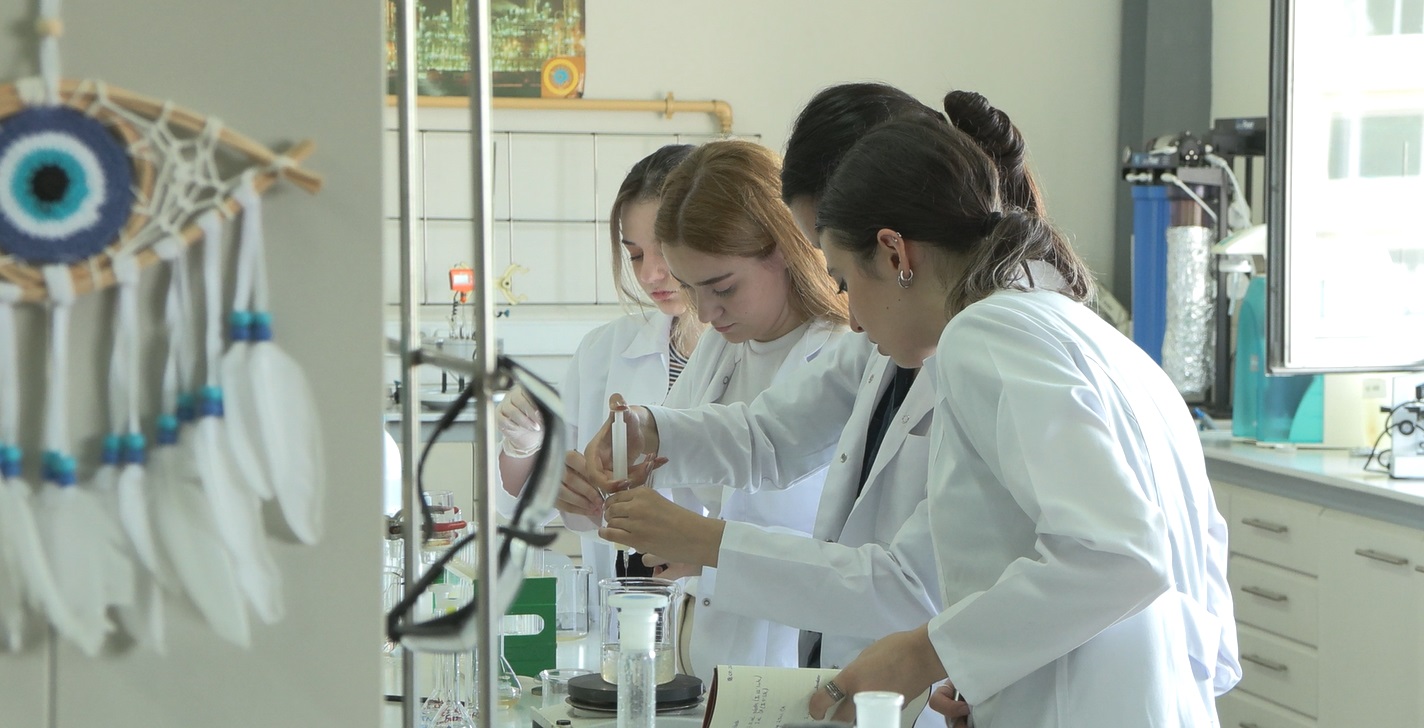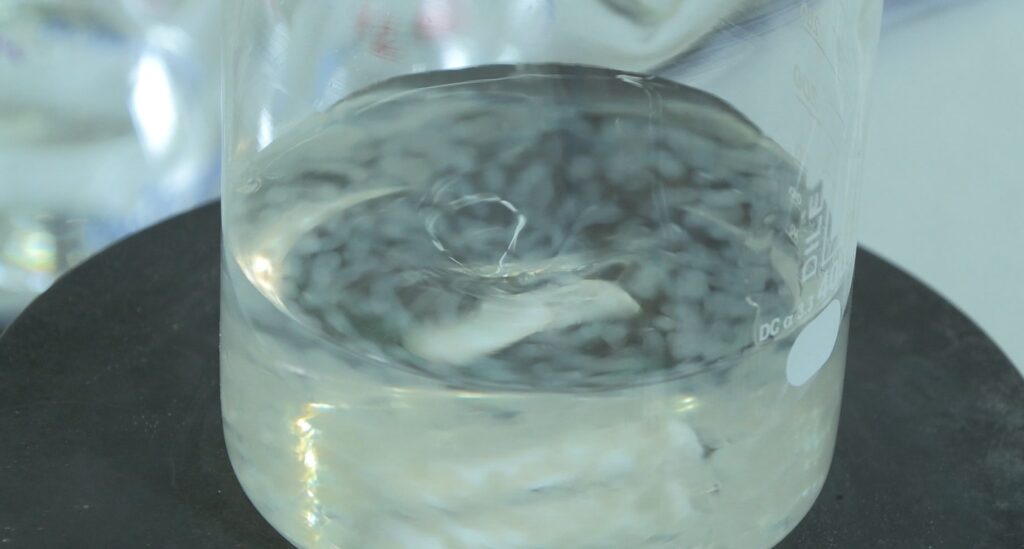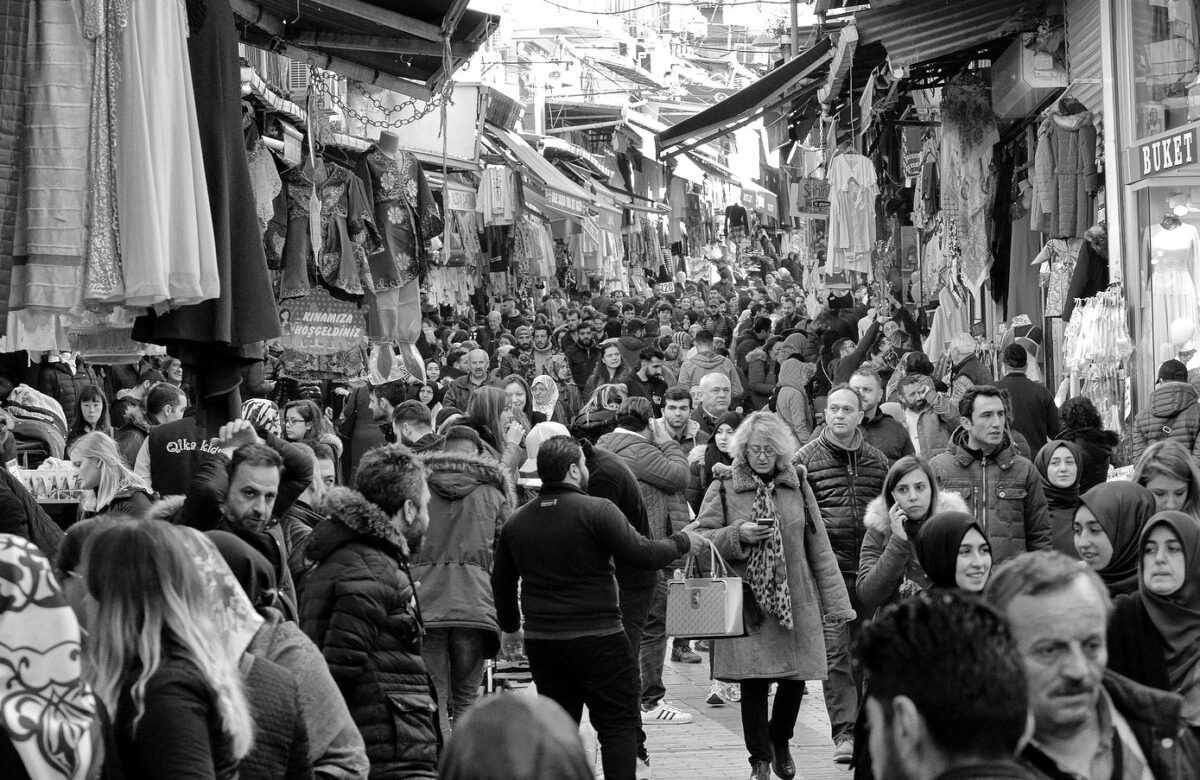
University students produce anti-bacterial band-aids
- HealthTechnology
- 21/07/2023
- 619
In Istanbul, 4 university students are producing anti-bacterial band-aids that can be used in the care of body wounds that can cause many chronic diseases. The project, which uses cinnamon oil as the active ingredient and is supported by TÜBİTAK, has so far yielded 70 percent efficiency. Ayça Bankoğlu, a chemical engineering student involved in the project, said, “Hydrogels loaded with cinnamon oil can treat the wound by removing the serous part of the wound thanks to its absorbent and porous structure.”
In March 2021, 4 students from the chemical engineering department of Istanbul Beykent University started their project to create a band-aid to help prevent bacterial infection of wounds using cinnamon oil, which has natural and antibacterial properties. Within the scope of the ongoing studies, 70 percent of the efficiency of releasing cinnamon oil into the environment has been reached. Saying that they aim to increase this efficiency even further, the students stated that they aim to offer a natural alternative in the daily care of wounds caused by chronic diseases that are frequently encountered in Turkey, especially diabetes.

“WE WANT TO FURTHER OUR WORK IF WE HAVE THE OPPORTUNITY”
Assistant Professor Yasemin Kaptan from Beykent University, Department of Chemical Engineering, gave the following information about the project:
“With this project, we aimed to develop a wound dressing with antibacterial properties. One of the important problems that our diabetic and bedridden patients in our country deal with is unhealable or long-term chronic wounds. We are trying to develop a product that can be used in the daily care and dressing of these wounds. We used cinnamon oil as the active ingredient to provide anti-bacterial properties. We chose cinnamon oil as the active ingredient because it is a naturally sourced product with little harm to the environment and chemical-based conventional drugs have side effects on the body. We developed our project based on how we can turn it into a product and bring it into a wound dressing format. In this way, we are doing our project on a small scale in the laboratory. According to the results we will get from here, our project has a high potential to be developed. If we find the opportunity, we want to further our work.”
Emphasizing that they have achieved 70 percent efficiency from the project, Kaptan said, “We have reached 70 percent in the efficiency of releasing the active substance in the film, namely cinnamon oil, into the environment. The more we can give the active substance to the wound conditions, the more antibacterial healing will be provided, so we want to increase this rate.”
“4 FRIENDS CAME TOGETHER AND WORKED TO HEAL PEOPLE’S WOUNDS”
Ayça Bankoğlu, a 3rd year chemical engineering student who took part in the project, said, “4 friends came together and we did research to heal the wounds of people with chronic diseases. We discovered the anti-bacterial properties of cinnamon oil and we submitted a project to TÜBİTAK; our project was selected. With the healing properties of cinnamon oil, wounds in chronic diseases and serous discharges heal quickly and a process begins in favor of the patient. In our project, we achieved 70 percent efficiency by using the antibacterial properties of cinnamon oil. Our goal is to increase this rate even more, so our work is still ongoing. In our study, we created a band-aid by combining two different mechanisms as microspheres and hydrogens. The fact that cinnamon oil is antibacterial, natural and harmless to the environment is one of the most important reasons why we prefer it.”

“IT CAN TREAT THE WOUND BY REMOVING THE SEROUS PART”
Ayça Bankoğlu spoke about the content of their work as follows:
“We set out with the aim of making a healing band-aid with anti-bacterial properties using hydrogels loaded with cinnamon oil. We have microspheres in our wound dressing, which we call hydrogel, and there is cinnamon oil in the spheres. Thanks to the absorbent and porous structure of the hydrogels, it can treat the wound by removing the serous part of the wound.”








